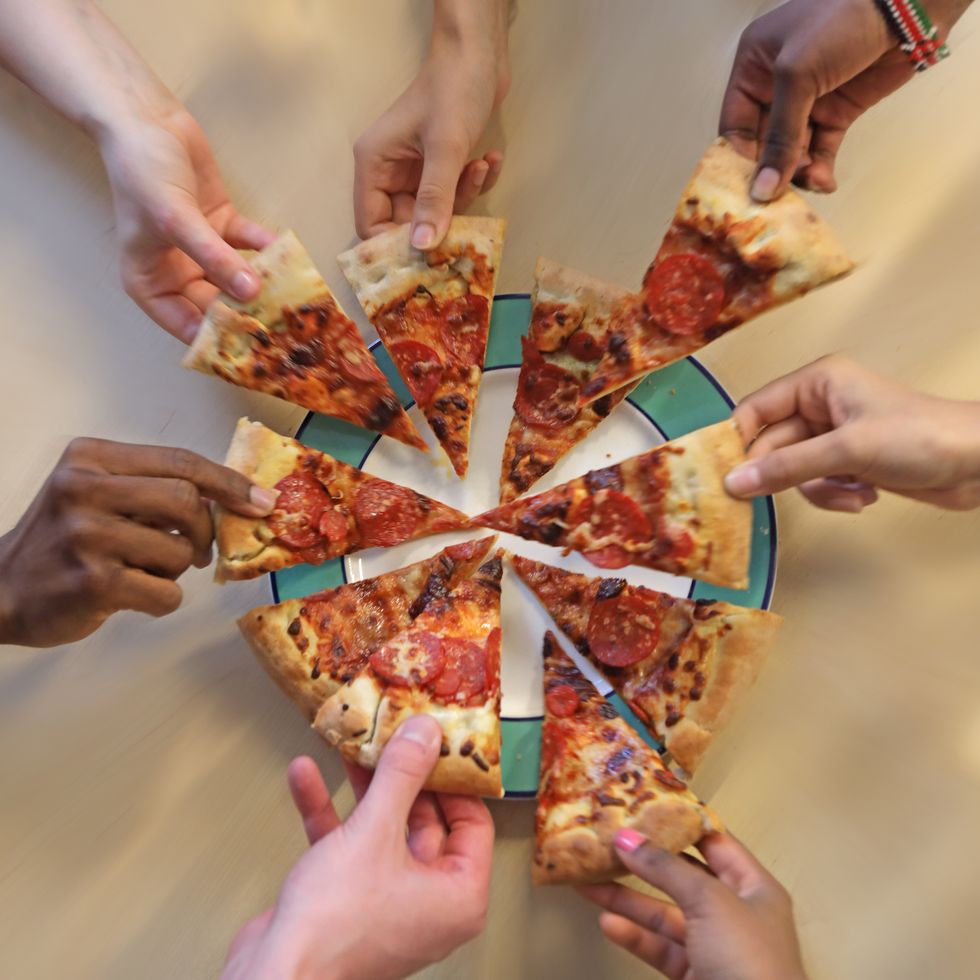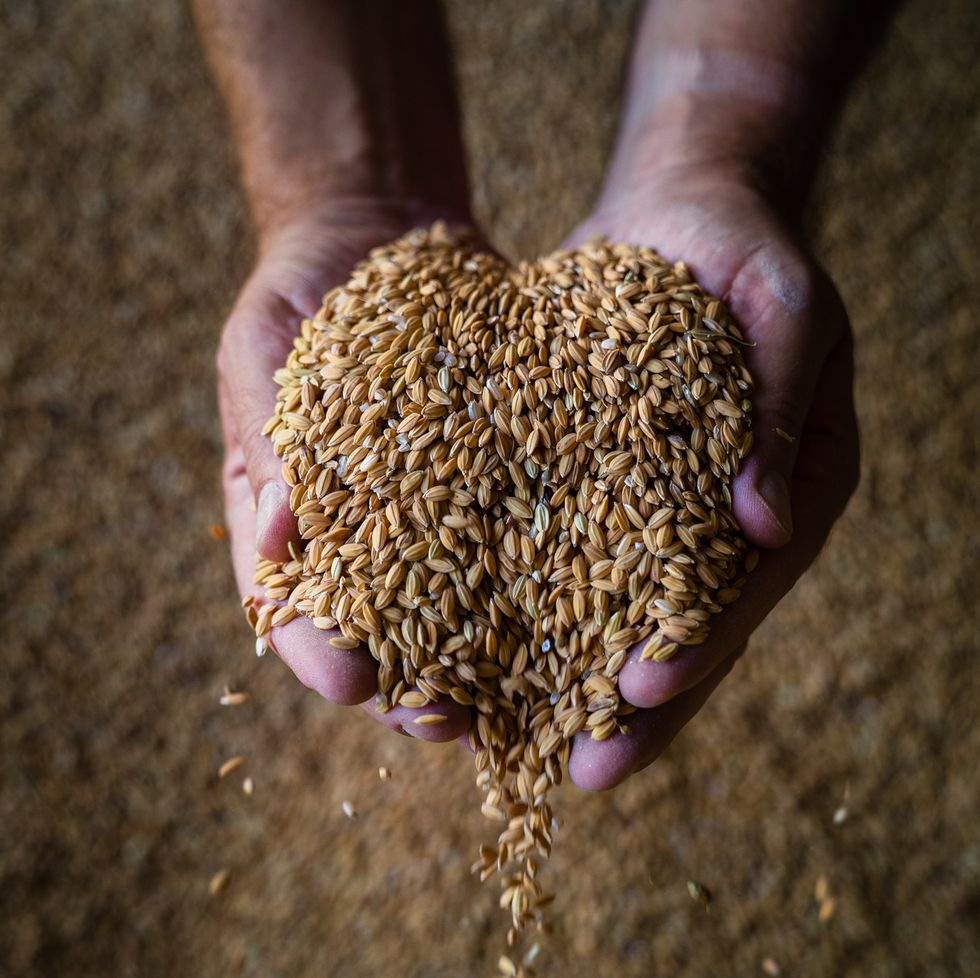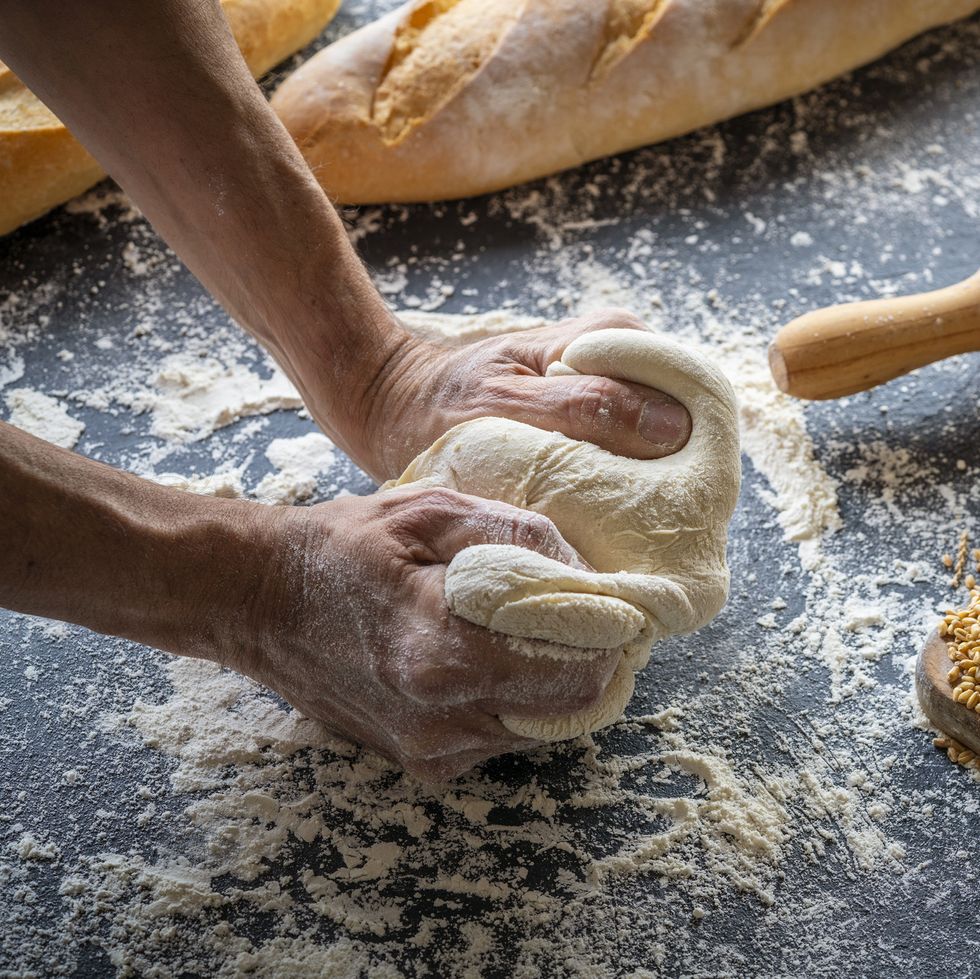CARBOHYDRATES MUST have a tough skin.
For decades, this poor classification of macronutrients has been been chewed up and spat out. As a registered dietitian, I feel like I've heard it all.
Carbs will, depending on which diet you're entrusting with your life, make you fat, unhappy, diabetic, in danger of cardiac arrest, at the mercy of severe gastrointestinal problems, keel over in abdominal pain, or filled with a Viking-like bloodlust.
Okay, maybe I'm exaggerating on the last one. But still – you get the point. And you're probably confused, because while one diet tells you that you need to eat low-carb, another urges you to eat no-carb, and yet another says you just need to avoid "bad" carbs.
I'm here to help you sort through all this. Honestly, it is confusing, but only because bad diets make it that way. Think about it: The more chaos they can sow in the dietary landscape, the more money they can reap from people looking for a quick-fix solution.
So I've taken to task four of the (many) many myths that are out there about carbohydrates in the hopes that you'll see the simple carb as more than "good" or "bad."
At most, maybe you'll gain a little more appreciation for carbohydrates.
At the very least, maybe you'll gain some skepticism for crash diets that drag their good name through the dirt.
Myth #1: Carbs are not essential, so you don’t need them.
THIS IS a good time to define what the term "essential" means as it applies to nutrition.
An "essential" nutrient is nutrient that you have to consume because your body doesn't make the nutrient itself.
Sodium, for example, is an essential nutrient – your body can't make it. By comparison, vitamin D, is non-essential, because your body can make it.
Yes, technically, carbohydrates are non-essential, because your body can make its own carbs in the form of glucose.
However – and this is a big HOWEVER – bad diets can conflate the two terms to argue that "non-essential" means "unimportant."
Carbs are incredibly important for reasons soon addressed.
Myth #2: You don’t need grains. You can get fuel from other foods.
NEED ISN'T the right term here.
No, you won’t die without eating grains (a classic form of carbohydrate that bad diets like to slander).
You could avoid grain products, but doing so means you'll be missing out their key benefits.
High-quality grains are a very efficient source of glucose, which your brain, red blood cells, and muscles use as an energy source. Even though you can make glucose from non-glucose containing sources (like fat and even protein), it’s certainly not as efficient for your body to do so.
Whole grains also contain insoluble fibre, which helps keep your digestive tract moving and keeps you regular. Some whole grains, like oats, contain soluble fibre, which helps lower cholesterol and glucose levels your the blood.
And both types of fibre help you feel full, which means you’ll feel more satisfied with what you’ve eaten for longer after you've eaten it.
Myth #3: Fruit and vegetables offer all the fiber you need.
WHAT STARTED with the paleo and keto trends has now transitioned to other diets claiming that produce can provide all the fibre your body requires.
Like the other myths, this is just half correct. It is possible to get the number of grams of fibre required by eating only fruits and vegetables. What is not possible is to get the needed diversity of fibre types that are associated with optimal health.
“Fibre is like vitamins in that not all fibres do the same things and so we need different sources and types,” says Julie Miller Jones, Ph.D., Distinguished Scholar and Professor Emerita at St. Catherine University, author of Dietary Fibre: Bio-Active Carbohydrates for Food and Feed.
“While some fibres are the same, some are unique in structure and function. And guess what? There is no cereal fibre in fruits and vegetables," says Jones. "For example, the cholesterol-lowering B-glucan structure found in barley and oats is not found in fruits and vegetables” which is just one of many examples.
In terms of colon cancer, a large US meta-analysis of the Nurses and Health Professionals study showed that whole grains and cereal fibre, not total fibre, reduced colorectal cancer risk in men. Another study also showed a greater decrease in the risk of colon cancer with cereal fibre and whole grains than with fruit and vegetable fibres.
Now, on the other hand, fruit and vegetable fibre was associated with the reduction in stroke and cereal fibre was not, so it’s important to consider all fibre. The key is variety.
Only 4 percent of Americans meet the fibre requirement. We need more ways to eat fibre, not less.
Myth #4. Gram for gram, fat gives you more energy than carbs. So why not just focus on fat?
"HMM... BEER gives us plenty of energy, so why not just drink beer for every meal of the day?” says Frances Largeman-Roth, R.D.N., nutrition expert and author of Smoothies & Juices: Prevention Healing Kitchen.
She says that while fat may provide plenty of energy, fat does not provide fibre, or the antioxidants to keep your cells healthy. Fibre also doesn’t help us repair your broken-down muscles.
You need carbs (and protein) to do those things.
That’s the magic of eating a balanced diet with carbs, protein and fat—it really helps you cover all your bases.
There isn’t one food that can do everything, but a high-quality balanced plate with each of them is ideal to maximise wellbeing.
Sign up to the Men's Health newsletter and kickstart your home body plan. Make positive steps to become healthier and mentally strong with all the best fitness, muscle-building and nutrition advice delivered to your inbox.
For effective home workouts, uplifting stories, easy recipes and advice you can trust, subscribe to Men's Health UK.

















